Being a mentor is both a talent and a skill. Here, TAG members who represent WIA (Women in Animation) and Black N Animated share their thoughts on important qualities for being a mentor, what mentees should expect, and the mentor-mentee relationship.

Aydrea Walden
Screenwriter and actress Aydrea Walden helps run the mentorship program at WIA.
Briefly describe WIA’s mentorship program.
The Circles program is our group mentorship program that runs twice a year. Mentees can apply to one Circle (or mentorship group). Each Circle is organized around a topic of a mentor’s choosing. During the four months of the program, mentees meet with their mentor and group for a total of four hours a month or 16 hours total. Circle topics range from learning how to break into various areas of the animation, VFX, and games industries, to improving leadership and confidence skills, to workshopping creative projects, to advanced Circles designed for experienced industry folks looking to take a next step.
Our program is open to WIA members at the Creator level or higher. It’s our hope that the folks in the program share WIA’s goal of supporting women and underrepresented genders in the animation, VFX, and games industry.
Why is mentorship important?
Mentorship helps fill in the gaps of what folks might not have learned in a school setting or on a job. Often, when you’re one of many students or employees, it can be difficult to get information on the bigger picture, receive detailed attention, or ask as many questions as one might like. It’s also easy to get lost in the day-to-day of doing the job or turning in assignments.
Mentorship connects people on a more personal level and allows folks to do a deeper dive into their own individual goals. Working in a smaller group with a mentor breaks down barriers, demystifies processes and situations, and provides more specific information that mentees can use to make choices that are best for them. Plus, it’s no secret that networking is an important part of any industry. Mentoring provides a pathway to great networking–in both directions. Mentees get to meet experienced professionals, and mentors are often introduced to folks they might not have been able to meet otherwise.
It also broadens a mentee’s peer network within the industry. This is an often-overlooked aspect of building professional relationships. It’s great to connect with those who are further along the career path, but mentees will also get invaluable inspiration, encouragement, and long-term support by building relationships with folks at or around their same level of experience. The group style of the WIA Circles program aims to help folks find those groups of peers easily.
What do you feel are good qualities for a mentor?
I think the most important quality for a mentor is truly wanting to help others. Sometimes people think that because they aren’t at the very highest rungs of an industry or because they “haven’t accomplished” something “really big” like winning an award or getting a particular job title, that they aren’t qualified to be a mentor. But the truth is that everyone has experiences to share. I remember much earlier in my career, I thought I hadn’t “done enough.” And a mentor told me that there were plenty of people who would love to be where I was right then—even though, at the time, I had only had a couple of jobs in animation. That changed my point of view on what mentoring could be.
Other than a desire to truly help others, it’s wonderful when mentors are compassionate, empathetic, generous, and good communicators.
What should a mentee expect from a mentor?
Every mentor is going to be different, and mentees should be open to a variety of mentorship styles. Some mentors will be very high-touch—they’ll have lots of bandwidth and be available to answer texts and emails right away, or be able to hop on a Zoom at a moment’s notice. Some mentors are going to have a more formalized approach that involves set meeting times where the bulk of the discussions will take place. And many mentors will fall somewhere in between. Mentees should be aware that mentors have different styles, and they should be ready to work within those parameters.
Mentees should be excited to get general information, probably hear some personal anecdotes, and work with their mentors to learn how to make decisions and handle situations. Mentorship isn’t about delivering one correct answer to every situation or walking someone directly into the opportunity they’re hoping for. There’s so much nuance to everyone’s life that it’s not often a mentor can say, “Do it exactly like this!” Instead, mentorship is about supporting mentees with knowledge, perspective, and an opportunity to grow professional skill sets.
What makes a successful mentor-mentee relationship?
There are a few things that stand out.
First up, it’s really important for both the mentor and mentee to be on the same page. For our program, this means that mentees should read the Circle descriptions and mentor bios carefully to make sure that they connect to the subject matter of the Circle, the meeting format, and the mentor. Mentees should wait to find something that really speaks to their needs—even if it means not applying to a particular circle, or waiting for another round to make sure it’s a good fit.
It’s important for mentors to communicate about specifics, such as how often they’re going to connect, what they are up for talking about, and the style of the meetings. The mentors in our program take a lot of time crafting Circle descriptions with these details in the hope that it will be easy for mentees to access this information.
Respect and trust go a long way, too. Mentees need to value their mentor’s time and wisdom, and mentors should respect their mentees’ dreams and unique experiences, background, and journey.
Being adaptable and flexible is key, as well. At times, you might need to switch up how you communicate or shuffle your focus areas as things change. Both sides also need to be open to feedback, ready to learn, and really engaged in the relationship.
Lastly, having clear goals can make a world of difference. Instead of a vague aim like wanting to “learn more” about the industry, it’s more helpful to have goals with a specific focus. Maybe a mentee wants to land their first job in the field, shift their career focus, or negotiate a promotion. These goals give you something concrete to work toward together.
What are the benefits of having a mentor?
Having a mentor can be like having a personal guide, or a career concierge, to help you navigate the often complex and unpredictable roads of professional life. It can be helpful to connect with someone who has had, and triumphed over, similar challenges to the ones a mentee might be facing. A mentor can give practical advice, and thanks to the personal relationship, they might notice areas where a mentee might need a little push or a new challenge, helping folks to step out of their comfort zone and grow in ways they might not have considered on their own.
Having a mentor can also give mentees a great boost of confidence. It’s such a good feeling when someone believes in you enough to work with you on a personal level. This encouragement can make a big difference, especially during those moments of doubt that we all face.
What are the benefits of being a mentor?
The first thing that often comes to mind is the satisfaction of giving back. And it’s true! It’s incredibly rewarding to share your experiences and knowledge with someone just starting out or looking to grow. You get to see them develop, overcome challenges, and achieve their goals, knowing you played a part in that.
Being a mentor also gives you fresh perspectives. By explaining things to other people, you often gain a better understanding of yourself. You also get to remind yourself of all the fantastic things you’ve accomplished, overcome, and figured out, which can help with confidence and motivation. And by working with people from different ages of life and stages of career, you have a way to easily stay caught up on current trends. (And I don’t just mean memes. By connecting with folks who are in the earlier phases of their careers, you get to stay up on current workplace practices, issues, concerns, and innovations.)
Mentoring is also a fantastic opportunity for personal growth. You develop leadership skills, empathy, and patience—qualities that are valuable in just about every area of life. By mentoring, you also connect with people from different backgrounds, industries, and skill levels. This not only enriches your professional network but also exposes you to new ideas and opportunities. It’s a two-way street where both mentor and mentee gain from the experience.
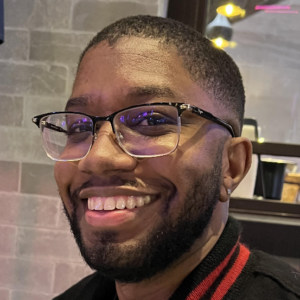
Austin Faber
Austin Faber is the President/Director of Black N Animated. The organization is still in the process of building a formal mentorship program. Until then, they continue to offer mentorship services to studios and colleges.
Why is mentorship important?
It’s a nutritious part of an artist’s creative growth, and arguably the most crucial stage in their development. It creates a safe space to ask questions, provide feedback, and unlearn unhelpful habits before they cement. Not every artist thrives under mentorship, but we’d argue 90% of artists tend to benefit from mentorship when it is honest, genuine, and effective. Michelangelo had Domenico, and Richard Williams had Milt Kahl. The craft stagnates without mentorship, so it’s a necessity to keep our craft alive and innovative. I myself would not be where I am without my mentor, Richard Chavez.
What do you feel are good qualities for a mentor?
A person who has mastered the art fundamentals and understands the many needs of the craft. For animation specifically, a good mentor will naturally have a handle on the artistic side of the craft, but they’ll also be able to communicate the trickier political/economic workings of the industry. Not every mentor will be a fit for every individual, but good mentors can typically identify a good match when they see one. A good mentor will be direct, but gentle, and will generally have their own egos well in check.
What should a mentee expect from a mentor?
Honesty, direction, and transparency. Good mentors will challenge mentees artistically and push them far out of their comfort zones. Mentees should expect to have to play with tools unfamiliar to them, or think critically about things they may have learned improperly. A mentorship will not guarantee you will get a job, nor will it guarantee improvement, so a mentee should expect to put in the lion’s share of the work if they want the impact to have visible effects.
What makes a successful mentor-mentee relationship?
It has to be a mutually beneficial relationship for it to be deeply impactful. Even Gustav Klimt, a delicate artist, found himself inspired by the bold and decisive works of his mentee, Egon Schiele. There needs to be mutual respect between the artists—otherwise the mentor begins to treat it as a chore, and the mentee will feel patronized. When it works, mentors and mentees will ultimately feel like they’re learning from each other, while still maintaining their own voices. My mentor was a master painter, whereas I’m more of a loose pen-and-ink designer. We found harmony through our differences, and our relationship stimulated our respective artistic interests. Though the gap in our experience and skill was vast, each of us could do things the other could not. It’s almost guaranteed that a dedicated student will learn from the teacher, but it’s a delightful surprise when the teacher can learn something from their student.
What are the benefits of having a mentor?
A successful mentor/mentee relationship can have life-long benefits, even outside of the arts. Experienced mentors can teach you how to apply the principles they teach you to multiple areas in your life and career. Most of what I learned from my mentorship was how to trust my instincts—which is advice that transcends just the arts, and definitely influenced how I continued to carry myself in my career—artistically or otherwise.
What are the benefits of being a mentor?
It’s another opportunity to grow. Teaching reinforces your own learning, and requires you to show your work on a lot of different levels—depending on the skill level of the mentee. As mentioned before, the mentor/mentee relationship has existed for thousands of years in the arts, and is necessary for the arts to flourish. There are few downsides to being a mentor if one has the extra time and resources, and it’s a rewarding relationship that creates a domino effect of spreading wisdom and a feeling of community amongst creatives.
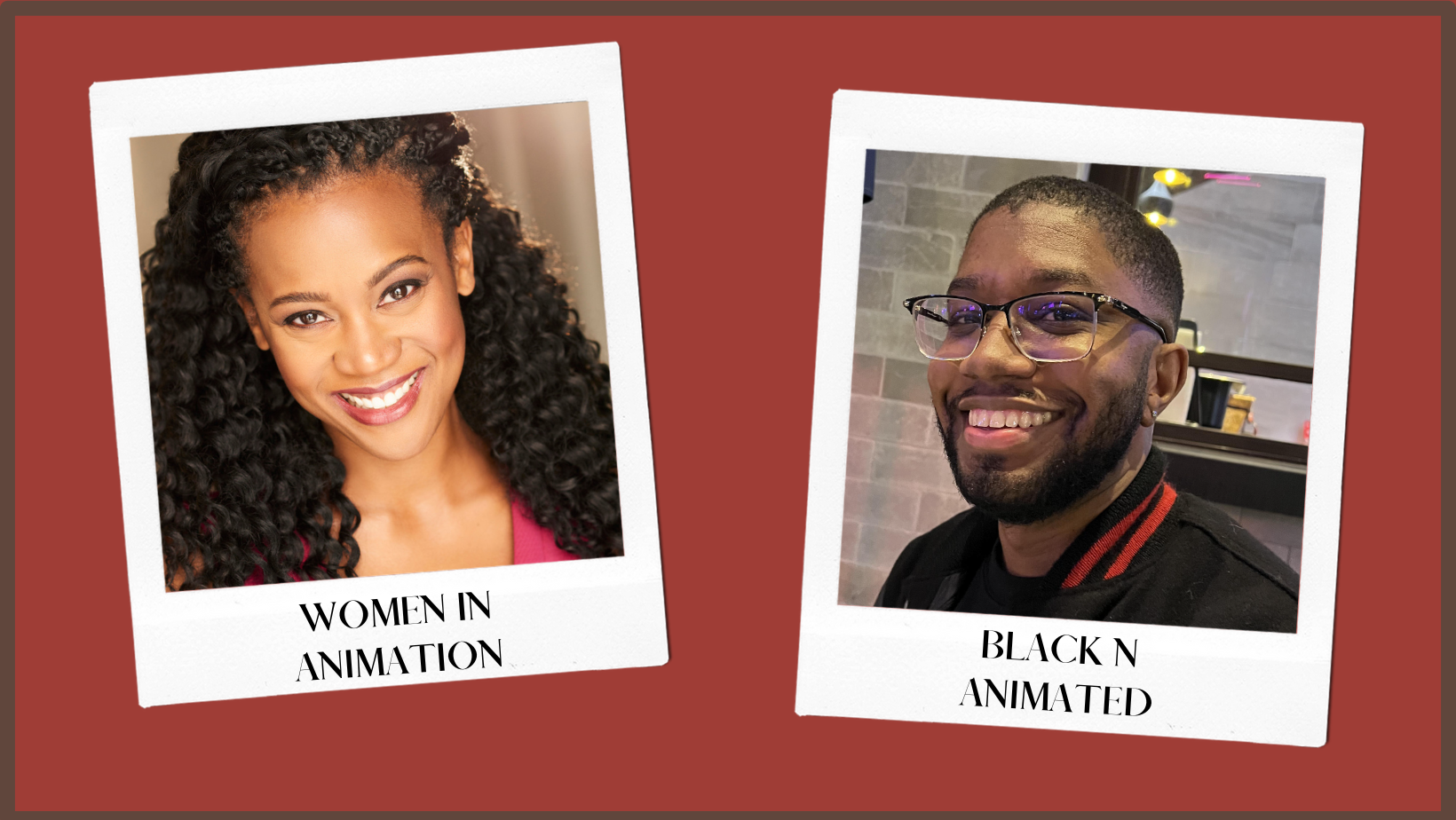
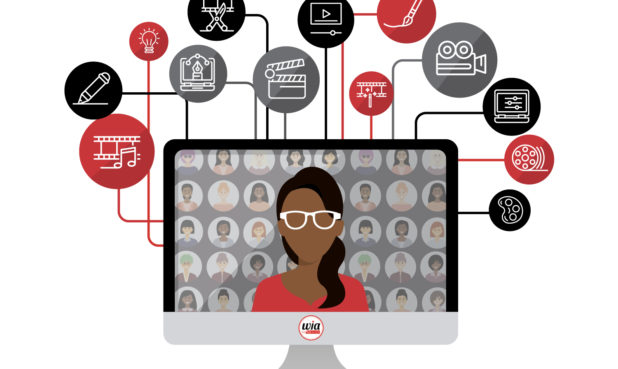
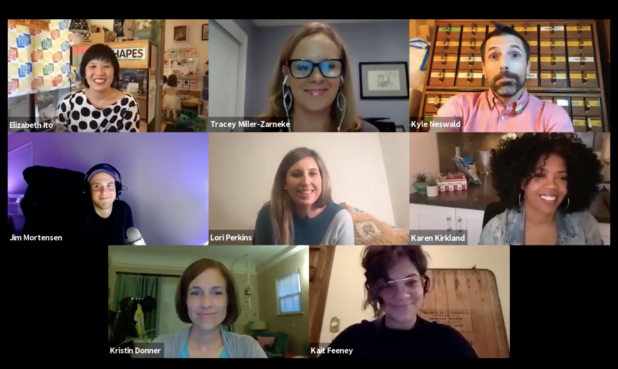
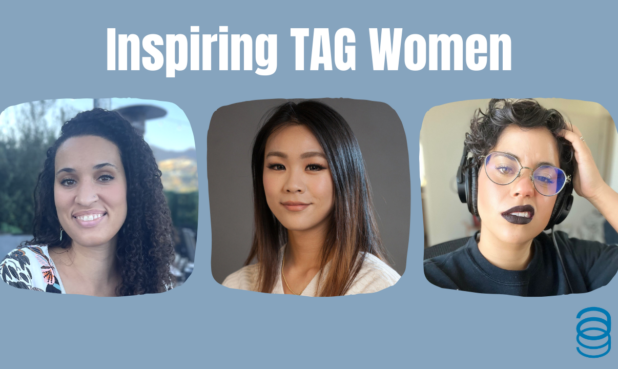
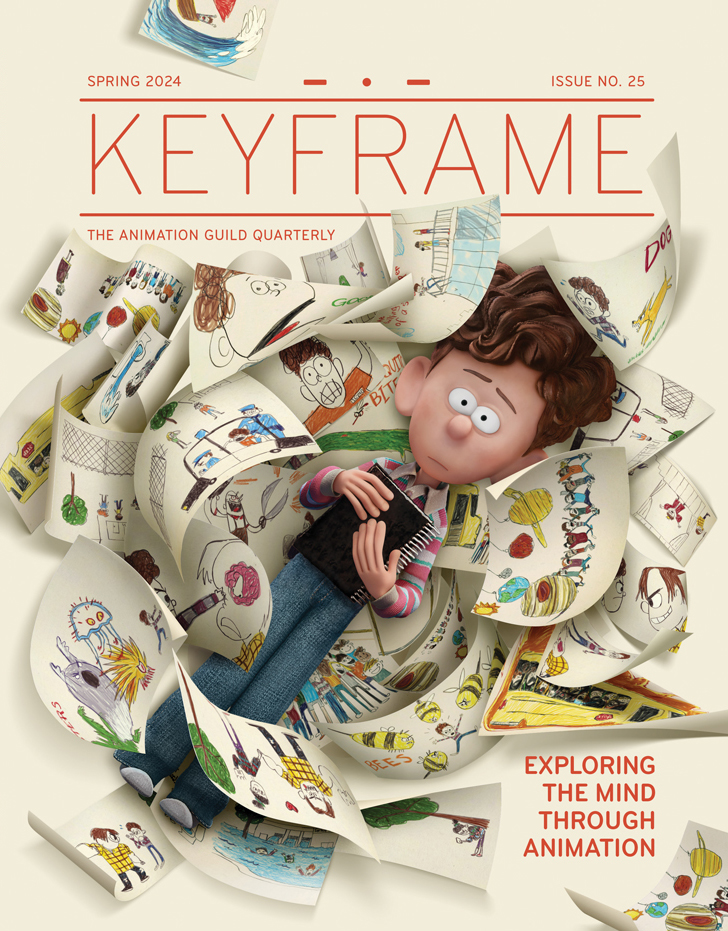

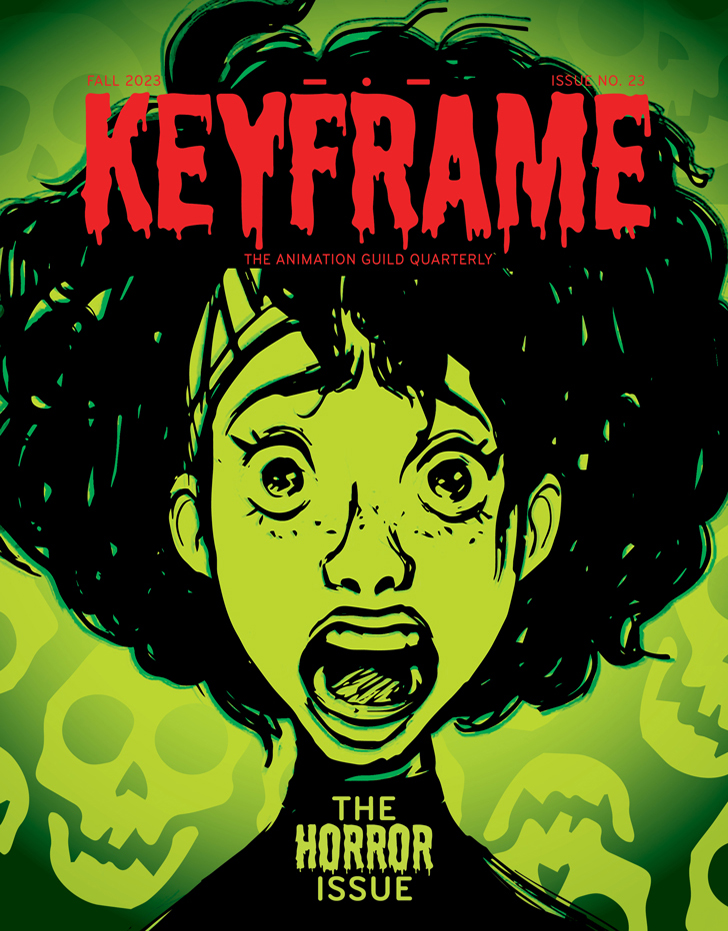
.png)